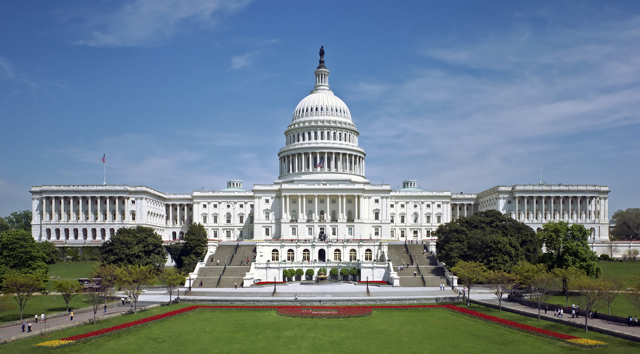In March, South Dakota passed a new law requiring many out-of-state online and catalog retailers to collect the state’s sales tax, a challenge to a 1992 U.S. Supreme Court ruling on Quill v. North Dakota prohibiting states from doing exactly this. The regulation has already resulted in several lawsuits. If the law is not overturned, other states are likely to follow suit, levying similar Internet sales tax rules. The implications would be enormous if numerous states adopt these rules, likely forcing audits and new tax rules in thousands of jurisdictions across the nation.
PC World notes that online shoppers “could end up paying up to 10 percent more for many products.” Supporters of the new law, such as Republican state senator Deb Peters, say it creates a level playing field for brick-and-mortar retailers.
However, critics see it differently. Steve DelBianco, executive director of e-commerce trade group NetChoice, for example, said the law could “set the course for enormous tax and administrative burdens on businesses across the country,” that even tax software wouldn’t entirely ameliorate.
South Dakota’s state sales tax is rising to 4.5 percent, from 4 percent, giving the advantage to remote sellers.
Two lawsuits have already been filed. The state sued four online sellers (NewEgg and Overstock among them) to adhere to the law that requires out-of-state retailers to collect sales tax “if they have more than $100,000 in sales, or 200 remote transactions, in South Dakota each year.”
NetChoice and the American Catalog Mailers Association, meanwhile have issued a lawsuit against the state, claiming that South Dakota lawmakers had “express understanding” that the terms of the new law violates Quill v. North Dakota. That fact, they say, makes the law “plainly unconstitutional,” as it “usurps the U.S. Congress’s authority to regulate interstate commerce.”
The court’s 1992 ruling acknowledged the burden on sellers in calculating state taxes but, says Peters, new software and smartphone apps take care of that. “The burdens outlined in Quill no longer exist,” she said.
Although the court ruling did leave open the possibility for Congress to “streamline sales tax collection and allow states to extend it to out-of-state businesses,” laws to do that have been thwarted by opponents for a decade. The issue, suggests Peters, has “negatively impacted local businesses and state revenue.” “To date, Congress has failed to act, leaving states to take action on their own,” she said.


No Comments Yet
You can be the first to comment!
Sorry, comments for this entry are closed at this time.